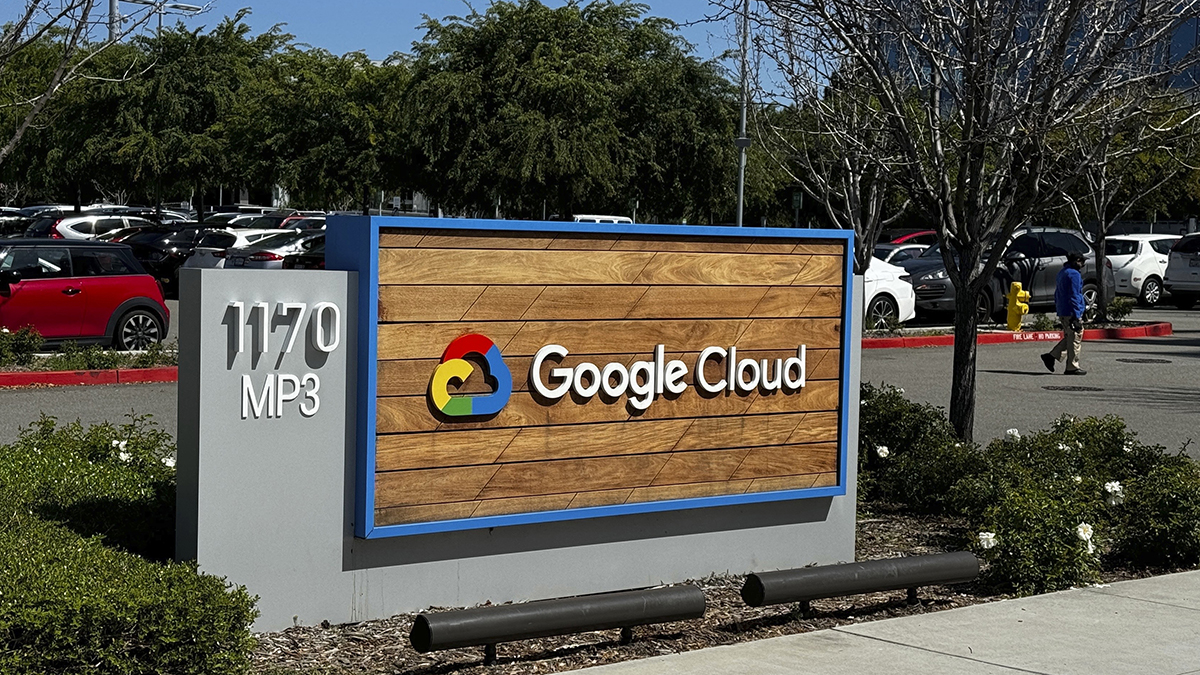World markets advanced Monday, with South Korean shares gaining for the first time in four days after the government announced a $130 billion plan to buttress the country's vulnerable banks amid the credit crisis.
Japan's Nikkei 225 stock average rose almost 3.6 percent to 9,005.59, and the Hang Seng Index in Hong Kong jumped 5.28 percent to 15,323.01.
In South Korea, the Kospi climbed about 2.3 percent and the country's currency rebounded on government measures, announced Sunday, to provide up to $100 billion to secure banks' maturing foreign currency debt and another $30 billion for the banks.
The nation's stocks and currency have spiraled lower in recent days as analysts questioned the ability of the country's financial institutions to acquire dollars to refinance loans.
Mainland China shares, meanwhile, recovered early losses to edge higher in spite of new government figures showing the country's economic growth eased to 9 percent in the third quarter of this year — its slowest in more than five years.
The reading, while still robust, fed into anxiety that deteriorating financial and economic conditions around the world were damaging Asian growth.
"There was always this hope that China would pick up the slack for the U.S., but if China is seeing a slowdown, that could bash those hopes," said Singapore-based investment analyst Nicole Sze of Bank Julius Baer & Co., which manages about $300 billion in assets.
Business
Investors, though, were relieved by lower third-quarter inflation data and pledges of fresh government intervention to support the economy. Shanghai's key index, down more 0.7 percent in the morning, ended 2.25 percent higher at 1,974.01.
In early trading in Europe, equities benchmarks in Britain, German and France were higher. Russian stocks also rose.
In Tokyo, shares moved higher amid hopes for better-than-expected corporate earnings.
Panasonic Corp. jumped 8.87 percent after the Nikkei business daily reported over the weekend that, helped by strong TV sales, the electronics giant would beat its interim operating profit forecast by more than 20 billion yen ($197.3 million).
Steelmakers Nippon Steel Corp. and JFE Holdings Inc. also gained on reports that they would be raising their profit forecasts for the year ending March 2009.
Financials helped lead South Korea's market, with Hana Financial Group surging 8.4 percent and KB Financial Group Inc., the holding company for top South Korean lender Kookmin Bank, adding 3.2 percent.
Elsewhere, Australia's benchmark moved 4 percent, boosted by gains in resource companies. New Zealand and Singapore were also higher, while Taiwan shares lost ground.
The general upswing defied Friday's mixed performance on Wall Street, where the Dow fell 127.04, or 1.41 percent, to 8,852.22, as investors balanced an easing in credit markets with more bearish news about the housing market.
As U.S. investors awaited a slew of earnings and economic reports this week, Wall Street stock index futures signaled a slightly higher open.
In oil, light, sweet crude for November delivery rose $1.31 to $73.16 in Asian trade on expectations that OPEC will cut production quotas at an extraordinary meeting later this week. The contract gained $2 in Friday.
The dollar traded at 102.24, up about 0.48, and the euro gained to 1.3496. The South Korean won, which has fallen nearly 29 percent against the U.S. dollar this year, rose 1.4 percent to 1,315 against the greenback.
There were more signs of a growing willingness among banks to lend money after credit markets gummed up in recent weeks.
The Hong Kong interbank offered rate, known as Hibor, for three-month loans tumbled to 3.66 percent from 4.19 as the territory's de facto central bank pumped more money into the financial system.



